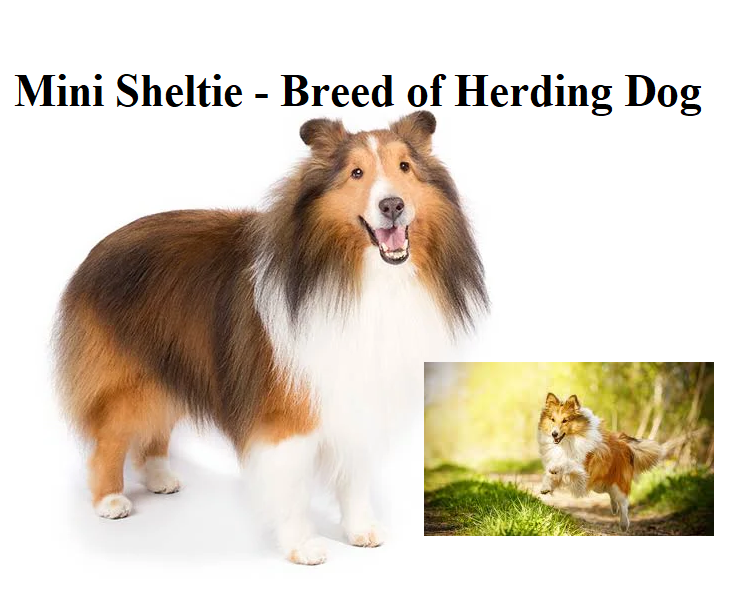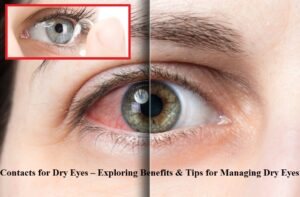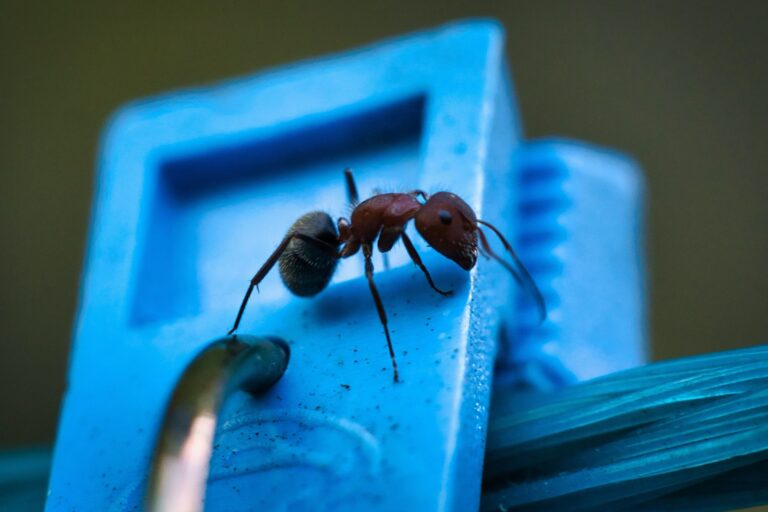Mini Shelties, also known as Toy Shelties, are an unofficial type of Shetland Sheepdog that measures under 13 inches at the withers. Some dedicated breeders believe Mini Shelties are closer to the original smaller size of the breed when it was developed in the Shetland Islands of Scotland. However, the AKC currently only recognizes Shelties between 13-16 inches tall. Reputable Mini Sheltie breeders aim to produce dogs that are structurally correct in a smaller size, usually 10-12 inches tall and 8-14 lbs as adults. There are very few Mini Sheltie puppies produced each year by ethical breeders, leading to high demand that is sometimes exploited by puppy mills. Prospective owners should be cautious and only obtain Mini Shelties from responsible breeders who prioritize health and temperament.
The Main Differences between a Mini Sheltie and a Standard Sheltie
Mini Shelties share the same core characteristics as standard Shelties, they are not an officially recognized breed, are much rarer, and may have more potential health and behavioral problems due to irresponsible breeding practices to produce the smaller size. Prospective owners should be very cautious when obtaining a Mini Sheltie and only work with reputable breeders.
-
Size
Mini Shelties are an unofficial variation that measure under 13 inches tall at the shoulder, while standard Shelties are 13-16 inches tall as defined by the American Kennel Club (AKC) breed standard.
-
Breed Recognition
Standard Shelties are a recognized breed by major kennel clubs like the AKC, while Mini Shelties are not an officially recognized breed and are considered a variation of the Sheltie.
-
Availability
Mini Sheltie puppies are much rarer than standard Shelties, as they are not bred in large numbers by reputable breeders. This scarcity leads to high demand that can be exploited by unethical puppy mills.
-
Health and Temperament
Due to the lack of breed standards and health testing, Mini Shelties may be more prone to health and temperament issues compared to standard Shelties from responsible breeders. Issues can include heart disease, joint problems, and behavioral problems.
The Average Lifespan of a Mini Sheltie
The average lifespan of a standard Shetland Sheepdog (Sheltie) is 12-14 years. While there is no definitive data on the lifespan of Mini Shelties specifically, the sources suggest their lifespan is similar to that of standard Shelties, in the range of 12-15 years on average. The rarity of Mini Shelties and lack of breed standards means they may be more prone to health issues compared to standard Shelties from reputable breeders. Prospective owners should be cautious and only obtain Mini Shelties from ethical, health-focused breeders.
The key points are:
- Mini Shelties are an unofficial variation of the Shetland Sheepdog breed, not a separate recognized breed.
- As they share the same genetic background as standard Shelties, their average lifespan is expected to be comparable.
- Responsible breeders aim to produce Mini Shelties that are structurally sound, which helps maintain their overall health and longevity.
The Common Health Problems in Mini Shelties
Mini Shelties share many of the same health problems as standard Shetland Sheepdogs, as they are essentially a smaller variation of the same breed. The rarity of Mini Shelties and lack of breed standards may make them more prone to certain issues compared to responsibly bred standard Shelties. Prospective owners should be cautious and only obtain Mini Shelties from reputable breeders focused on health and temperament.
-
Eye Conditions
Collie Eye Anomaly (CEA) – A congenital condition that can lead to vision impairment or blindness. Clouding of the eye lens that can cause vision problems and blindness in older dogs. A degenerative eye disease that leads to vision loss.
-
Bleeding Disorders
An inherited bleeding disorder that can lower life expectancy if not treated
-
Skin and Autoimmune Conditions
Autoimmune diseases like pemphigus and lupus that attack the skin. An inflammatory condition affecting the skin and muscles.
-
Orthopedic Issues
Hip and elbow dysplasia. Luxating patella, a degenerative hip condition.
-
Other Health Concerns
-
- Underactive thyroid gland
- Epilepsy
- Heart disease like patent ductus arteriosus
- Cancer, especially bladder cancer























+ There are no comments
Add yours